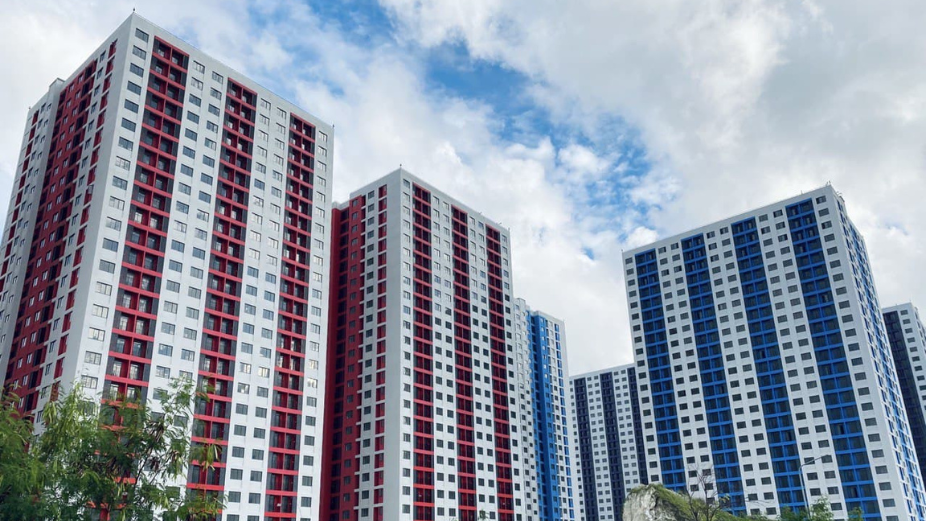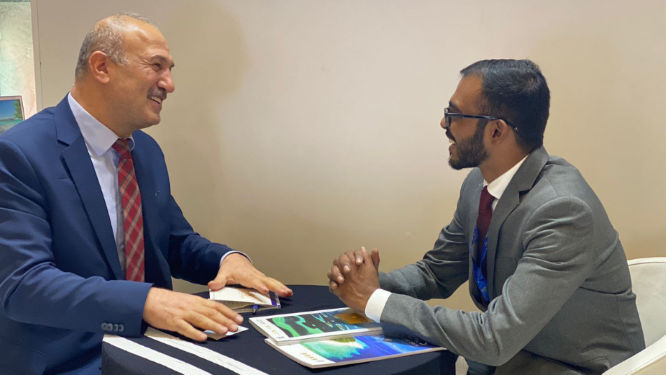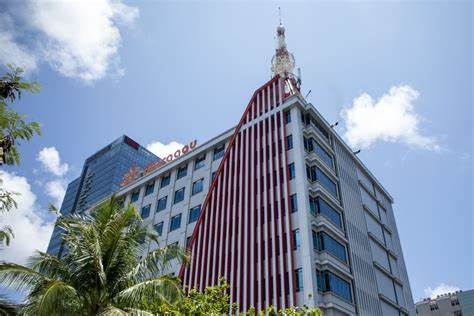Life in Hulhumale’s second phase, particularly around the ‘Hiyaa’ flats, has taken an interesting turn with the emergence of a lively, informal market. What began as a few snack and drink tables six years ago has now transformed into a bustling marketplace, complete with food courts, cafes, and stalls selling various goods.
Back in the early days, locals and foreigners alike ran these businesses, operating from makeshift setups near the developing park. Despite initial attempts by HDC (responsible for city maintenance) to clear the area, the market found its way back, expanding onto the streets leading to the beach as more residents settled in.
What’s unique is that these businesses operate without official permits, free from taxes or rent. Many seem to be unaware or choose to ignore the need for permits, including those from the Food and Drug Authority for selling food and beverages.
This contrasts sharply with formal businesses in rented properties that adhere to tax obligations. Adding complexity, some tables are reportedly run by HDC employees, raising questions about oversight on regulations from authorities like the Food and Drug Authority and the Trade Ministry.
Similar unregulated businesses are observed in different parts of Male and Hulhumale, prompting intentions from the Trade Ministry to crack down on illegal money transfers. However, visible and open operations persist on main streets.
Notably, these locations have also become gathering spots for illegal immigrants, yet little intervention is seen from the authorities. The situation in the Hulhumale Hiyaa flats area reflects the vibrant community spirit but also sheds light on the urban management challenges in the rapidly evolving cityscape of the Maldives’ capital.




